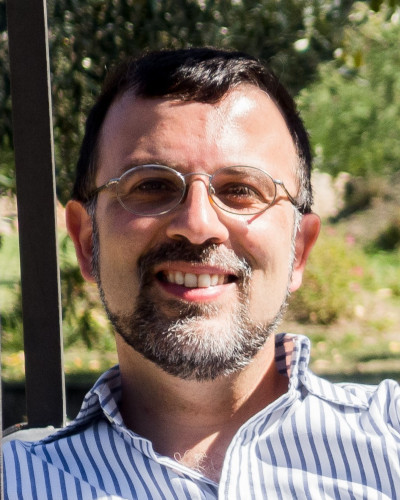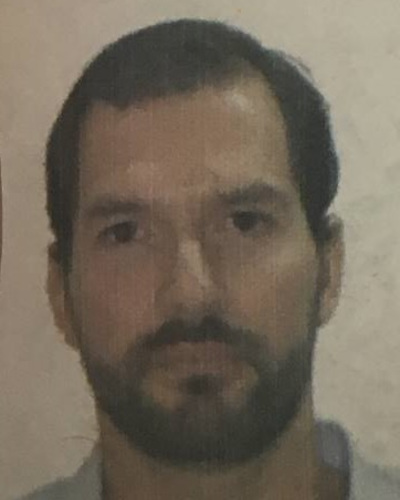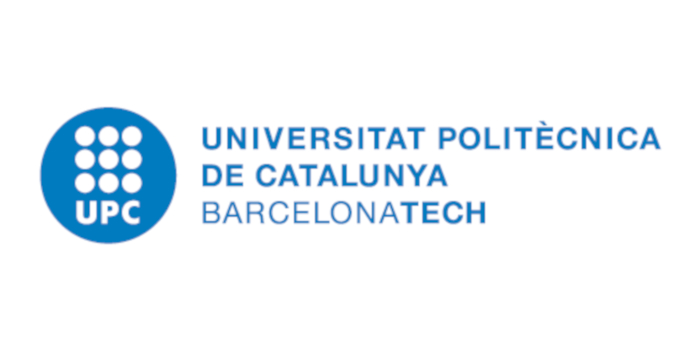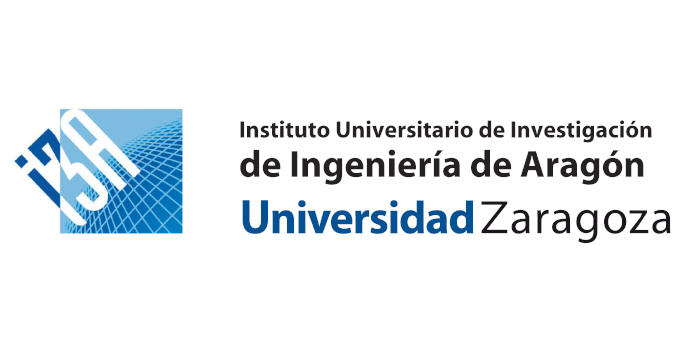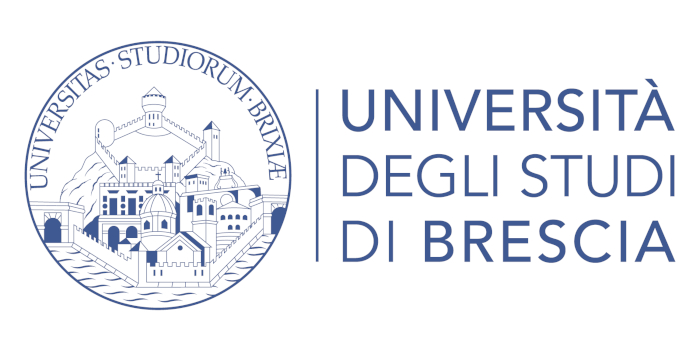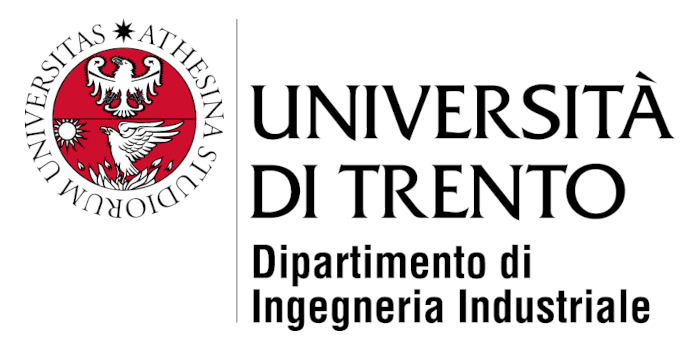SPECIAL SESSION #9
Reliable wireless solutions for IoT and Industrial IoT
ORGANIZED BY
Emiliano Sisinni
University of Brescia, Italy
Diego Silva
Federal University of Rio Grande do Norte
Paolo Ferrari
University of Brescia, Italy
Ivanovitch Silva
Federal University of Rio Grande do Norte
Dennis Brandao
University of Brescia, Italy
ABSTRACT
The importance of distributed measurements systems is increasing. The use of IoT paradigm can be successfully applied to metrology as demonstrated by recent advances of Industry 4.0. In particular, industrial communications are facing the leap of new generation wireless technologies such as WiFi6, 5G, LPWANs and more. The diversified performance and tradeoffs they offer, mainly derived from the rapid change in consumer markets, are moving an increasing number of (innovative) industrial applications into the wireless domain. For instance, think about mobile robots and UAVs, nowadays widely used in factories, that require modern distributed systems to include wireless links to connect the IIoT backends via intelligent edge devices, in terms of seamless, standardized and transparent device integration.
However, the appealing possibilities these technologies provide, also pose many challenges, that must be addressed by the research. Scenarios where sensors and instruments are deployed on a wide area or on mobile systems remain extremely challenging. Security is another main concern.
In particular, research activity is required for optimizing the overall network performance in agreement with the actual application requirements, e.g., in terms of timeliness, determinism, energy consumption, and data extraction rate. For instance, innovative machine learning (ML) techniques, possibly applied to software defined / cognitive radios, can be exploited for dynamically adapting communication parameters.
This special session aims to bring together academic and industry professionals to a session where the most recent studies, implementations, and proposals about the issues mentioned above can be presented and discussed.
TOPICS
Submissions are welcomed on (but not limited to):
- LPWAN systems for measurements;
- Short range wireless networks for measurement applications (e.g., wireless sensor networks leveraging Bluetooth LE and/or IEEE802.15.4);
- 5G/4G mobile communications for measurements applications;
- In Vehicle and V2X wireless measurement systems;
- Wireless applications for continuous tracking of product data after sale (digital twin);
- Distributed and mobile IoT measurement devices and systems;
- Safety and security issues in distributed and mobile IoT measurement devices and systems;
- Wireless measurement systems for smart environments (e.g., smart industries, buildings and cities);
- Large scale deployment of wireless sensors (e.g., environment monitoring, fire detection);
- Applications of wireless measurement solutions to large process plants in Industry;
- Cloud architecture to manage scalable measurement systems and measurement data platform in large deployment scenario;
- Recent advances in research domains with similar communication requirements.
ABOUT THE ORGANIZERS
Emiliano Sisinni was born in 1975. He obtained the M.Sc. degree in electronic engineering in 2000 at the University of Brescia. In 2004, he got the Ph.D. in “Electronic Instrumentation” at the same University. He is currently a Full Professor with the Department of Information Engineering at the University of Brescia. He was guest professor at Mid Sweden University for the AYs 2016/2017-2020/2021. His main research topic is the development and the performance evaluation of digital networks for industrial communications, with particular attention to wireless solutions. He has also been involved in the development of digital signal processing of sensory data based on microcontrollers, DSPs and FPGAs. Since 2008 he seats in the committee SC65C - WG16 and WG17 and the TC65C - WG 17 of the IEC (International Electrotechnical Commission).
Diego Silva is an Associate Professor at the Federal University of Rio Grande do Norte. He has experience in Computer Engineering, with emphasis on Industrial Automation, where he has been developing projects for the Brazilian industry since 2003 in various topics such as alarm management, connectivity and industrial protocols, asset management and data visualization. In addition, he has also been involved in technological development projects in the areas of education and building automation. His interests include Industry 4.0, IoT, IIot, signal processing, big data, cloud computing, among others. He did postdoctoral studies at the University of Southern California between 2015 and 2016, where he delved into the subject of Digital Signal Processing in Graphs and he was an official Visiting Professor to the University of Brescia in 2018.
Paolo Ferrari received the M.Sc. (Hons.) degree in electronic engineering and the Ph.D. degree in “Electronic Instrumentation” from the University of Brescia, Brescia, Italy, in 1999 and 2003, respectively. He is currently a Full Professor with the Department of Information Engineering, University of Brescia. He has authored more than 200 international papers. His current research interests include embedded measurement instrumentation, smart sensors, sensor networking, smart grids, IoT and Industrial IoT, real-time Ethernet, and fieldbus applications. Dr. Ferrari is a member of IEC SC65C MT9, IEC TC65C WG10. In 2013, he received the Technical Award from the IEEE Instrumentation and Measurement Society.
Ivanovitch Silva received the licentiate, M.Sc., and Ph.D. degrees in Electrical and Computer Engineering from the Federal University of Rio Grande do Norte (UFRN), Natal, Brazil, in 2006, 2008, and 2013. He concluded in 2016 a short course about Big Data & Social Analytics at Massachusetts Institute of Technology (MIT). Since 2013 is professor at Digital Metropolis Institute (IMD,UFRN). He teaches and supervises Ph.D and master students in the Graduate Program of Electrical and Computer Engineering at UFRN. At present, he acts as the coordinator in the Lato Sensu Specialization in Big Data & Analytics at UFRN. His research interests include modeling and scientific data analysis, Internet of Things, Industry 4.0 and Smart Cities.
Dennis Brandao received the M.Sc. and the Ph.D. degrees in mechanical engineering from the University of Sao Paulo, Brazil, in 2001 and 2005, respectively. Since 2024 he is an Associate Professor with the Department of Information Engineering, University of Brescia. His current research interests include industrial systems modeling and control, digital twins, instrumentation, smart sensors, sensor networking, IoT and Industrial IoT, real-time Ethernet, and fieldbus applications.


